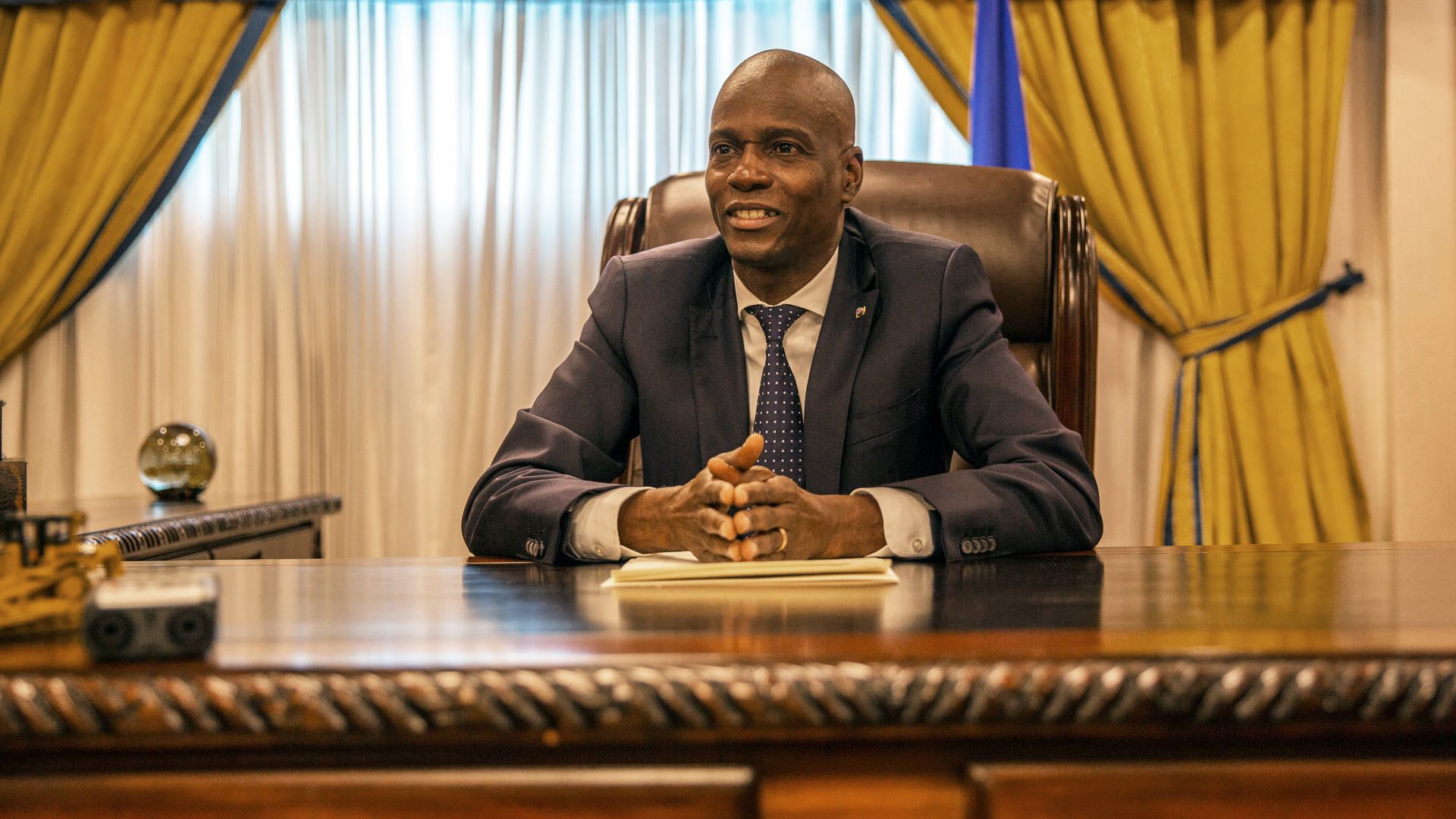Yesterday, Haitian President Jovenel Moise was shot and killed in his home. Much controversy surrounded his term length, as alleged election fraud resulted in a 12 month delay in which the new polls opened, and the election results of 2015 were annulled. These new polls were won by Moise. His opposition denied the legitimacy of the upcoming year of his presidency, claiming that he had served his 5-year term, because former Haitian president, Michel Martelly, stepped down 5 years prior. Moise, however, argued that he still had another year of his presidency due to the fact that he only took office in February of 2017 as a result of the aforementioned delay. Mr Moise continued to rule by decree, causing outrage throughout Haiti. Protests riddled the streets of Haiti, calling for Mr Moise’s resignation. Opponents also claimed that Mr Moise was to blame for a surge in violence, seeing as he left Haiti without a Parliament during the postponement of the October 2019 legislative elections. On February the 7th, Moise reported that a "coup to overthrow his government and assassinate him" had failed. This attempted coup was organized supposedly by 23 plotters, all of whom have since been detained.
With all of this in mind, it would be accurate to say that there was an unusual amount of political unrest leading into the assassination of the former president. In the midst of this instability, the assassination of their President will likely only worsen the situation. According to the Haitian constitution, the prime minister of the country is next in the line of power. To further complicate matters, Haiti currently has an interim prime minister and a new appointee, both of whom claim to be in charge. Also, not all Haitians accept their constitution, so not all citizens believe that either of the two men should take power.
With all of this in mind, it would be accurate to say that there was an unusual amount of political unrest leading into the assassination of the former president. In the midst of this instability, the assassination of their President will likely only worsen the situation. According to the Haitian constitution, the prime minister of the country is next in the line of power. To further complicate matters, Haiti currently has an interim prime minister and a new appointee, both of whom claim to be in charge. Also, not all Haitians accept their constitution, so not all citizens believe that either of the two men should take power.

Comments
Post a Comment